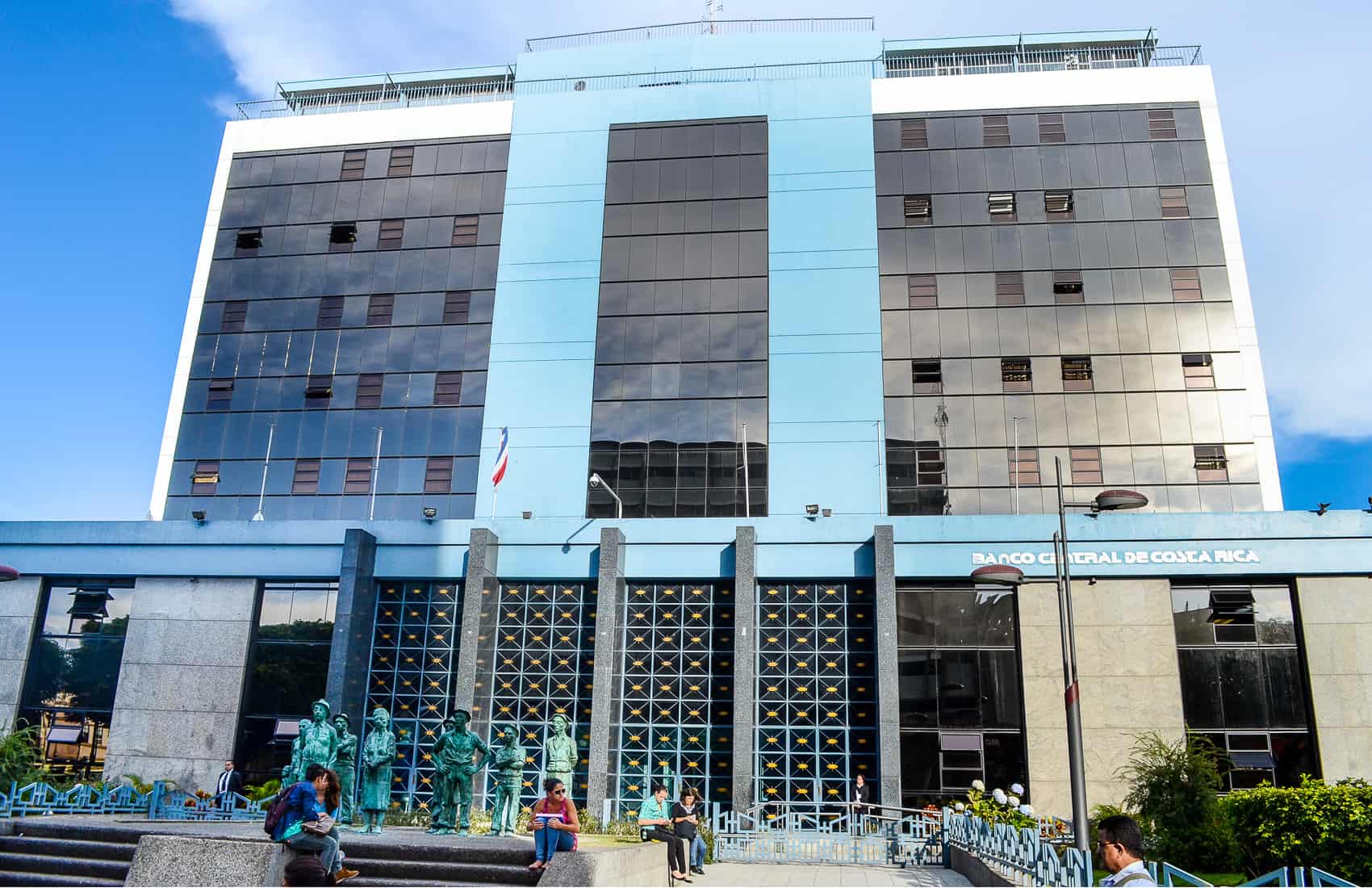Starting next year, Costa Rican banks will merge all numbers related to their customers’ accounts into a single 22-digit account number, known as IBAN, the Central Bank of Costa Rica (BCCR) reported.
Now, each bank uses different numbers to identify checking accounts, savings accounts, credit cards, loans and other transactions. However, in January, Costa Rica will join the IBAN (International Bank Account Number) standard for performing all transactions both locally and with banks from abroad.
The change will not involve major changes for banks’ customers, except for IBAN codes that will be print on checkbooks, deposit forms and other bank documents, he said.
BCCR’s Director of Financial Services Carlos Melegatti said in a news release that the new system will facilitate transactions for local banks and customers. It also will allow local banks to comply with international banking regulations including those from the European Committee for Banking Standards, he said.
Melegatti said several banks already confirmed that they will start using the IBAN verification format in their transactions with the Central Bank starting Jan. 22. The system should be fully implemented at all country banks by the end of 2018, he said.
The Central Bank noted that it will stop taking checks and other banks documents that fail to comply with the new identification format in January 2019.
IBAN format
The IBAN number for Costa Rican banks will include the country code (CR), two verification digits, a zero and then the 17-figure corresponding to a client’s bank account.
The BCCR created an online application to convert the 17-digit client account into the IBAN format. You can check the change in your bank account numbers here.
The Banco Nacional de Costa Rica reported on Monday that it will make the conversion of their customers client account to the IBAN format automatically for all its clients. Starting in January all new checkbooks and credit cards display the IBAN.
Costa Rica is the third country in the region to confirm the implementation of the standard, following Guatemala and the Dominican Republic, the BCCR reported.






